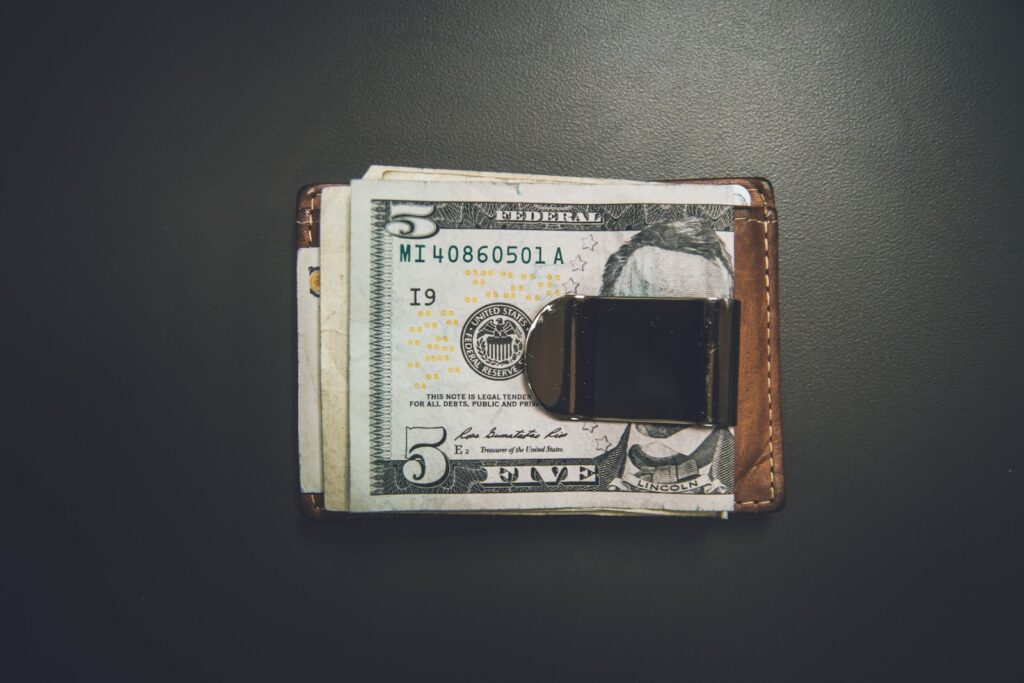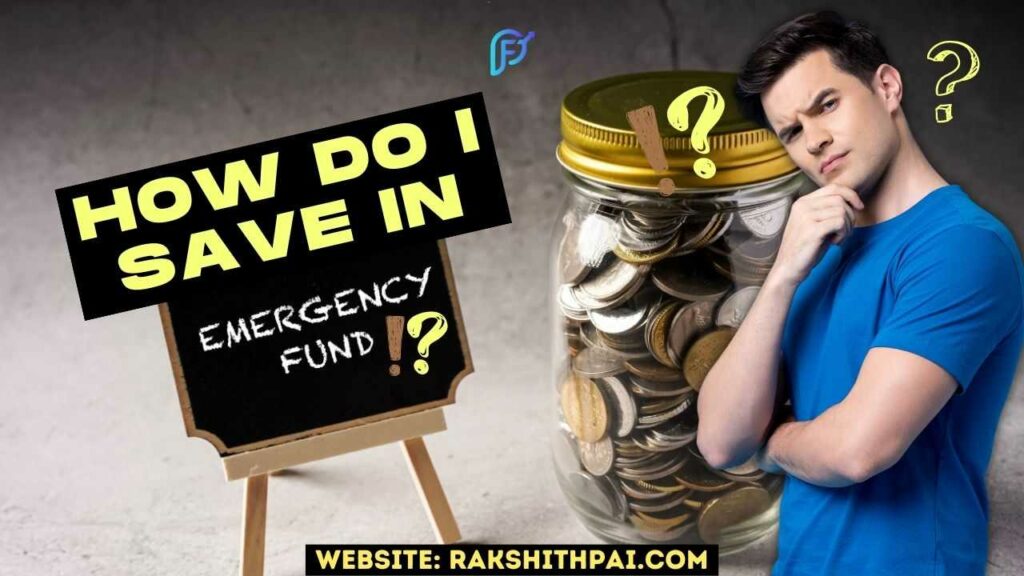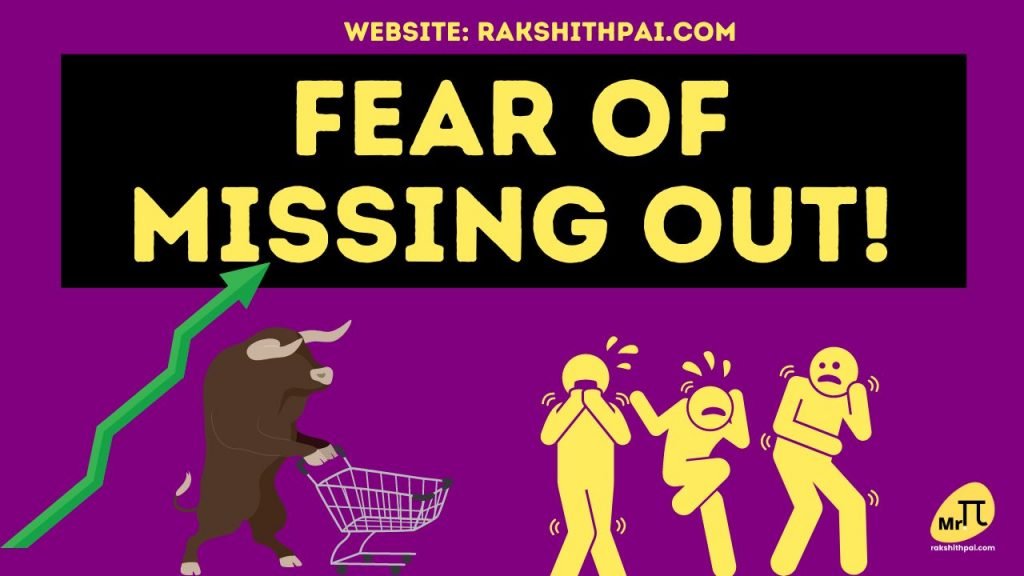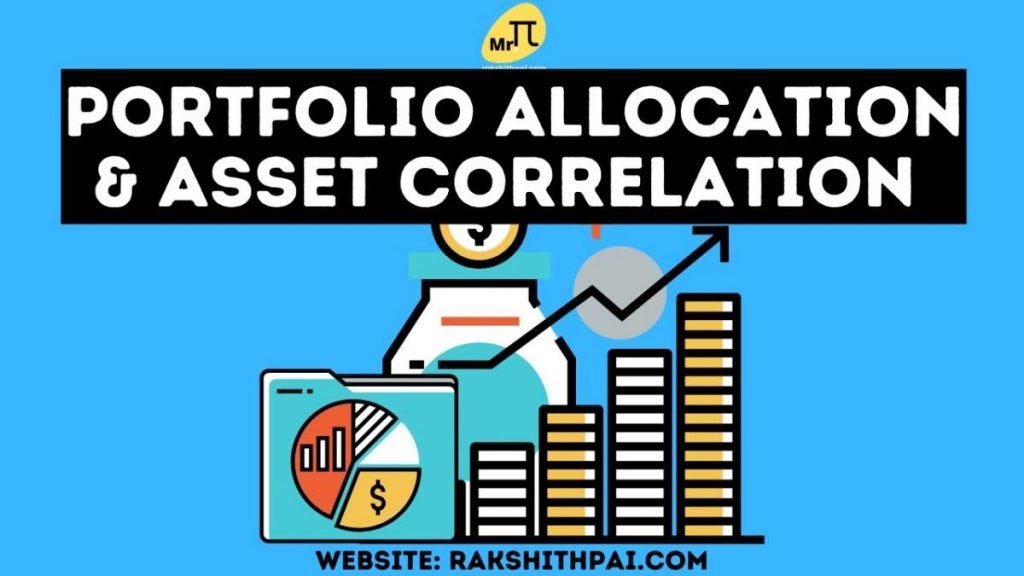Table of Contents
What’s an Emergency Fund?
An “emergency fund” is a savings account set up for usage in unexpected emergencies. An emergency fund is a savings account kept specifically for the purpose of covering large, unexpected costs, including those associated with a medical emergency or substantial house repair.
Most emergency funds consist of cash or other easily converted assets. As a result, you won’t have to resort to high-interest borrowing choices like credit cards or unsecured loans or risk your financial future by dipping into retirement savings.
So basically, An emergency fund, as you all know, is a type of savings that’ll help you in times of need. It’s only accessed in times of emergency. On a rough estimation, it is said that six months of your monthly expenses must be saved in separate savings or fixed deposit accounts. And that’s your emergency fund.
But is it that simple? How exactly can I calculate my emergency fund requirement? Basically, how much to save and where to save it

Why Save for Contingent Future Events?
An emergency fund is also called a contingency fund. Here, contingency means something that happens anytime, anywhere, and that’s completely unpredictable. Imagine you lost your job or met with a sudden accident, or your car broke down.
You need some kind of savings to spend on these unfortunate incidents. Right? At that time, will you rather prefer to withdraw your investments, or will you rather spend your savings that are saved up just for these contingent events?
Without reserves, even a little financial setback might be devastating; if the setback leads to debt, the effects could continue for years.
Those who have a harder time getting back on their feet financially after experiencing a setback are also less likely to have emergency funds stashed away.
You could be forced to resort to using credit cards or taking out loans, both of which can lead to more difficult-to-repay debt. To offset these expenses, you then may dip into other investments, such as your retirement money.
How Do I Evaluate My Emergency Fund Requirement?
There’s a reason why we call personal finance as “personal.” It’s because, here, everything is about you. Your savings, your expenses, your net worth, your debt, you get the point.
So, your emergency fund must be completely based on you and your cost of living.
To arrive at an appropriate sum, we need to first ascertain the number of dependents in the family and then assess the ongoing and, if known, unexpected needs of each of the members of our family.
Some families may be nuclear, while others may include elderly members of both spouses. Some families have elderly relatives who are financially stable but who must rely on their children to cover unexpected expenses. The need for this fund typically rises as a family’s breadwinner ages and takes on more responsibilities.
And this is how you evaluate the requirement.
Health Insurance
No. 1: Do you have health insurance?
Do yourself a favor, and subscribe to health insurance. You can thank me if, at all, you get to use your insurance and save a ton of money.
In fact, there’s a saying that goes like this: “Middle-class household Indians are just one medical bill away from poverty!”
The monthly cost of medications can be factored into monthly costs for determining an adequate emergency reserve. Many people’s medical histories include things like diabetes, high blood pressure, heart or cardiac issues, renal issues, etc. Especially the senior citizens at home. A medical emergency is always a possibility in these households, and the associated costs might be substantial.
The standard emergency fund should be supplemented by this sum. When several family members have preexisting conditions, this becomes a major worry. This consideration requires thorough analysis. This highlights the need to consider health insurance in the context of overall financial planning.
Watch this video: “10 Aspects To Look For Before Buying A Health Insurance Policy”
If you do have health insurance, wonderful!
What Should You Look for When Buying Health Insurance?
Fixed Expenses
No. 2: Are there any expenses that are fixed and are very important to you?
First, list them down. It’s fine if the list gets longer. See that you put all the requirements on the list. Now this is your fund requirement for a month.
Again, your emergency fund is nothing but all the fixed monthly expenses that you could have to bear, multiplied by 6.
For example, generally, we’ll have expenses such as “rent, food, clothing, children’s school fees, and most importantly, the EMIs.” These are the basic and most important expenses we all need to pay for. Right?
List them down and multiply the total monthly expense by 6.
Now you know how much to save for an emergency fund. So begin the planning!
No. 3: Planning when deciding on our Emergency fund:
Planning begins when you know that there are “n” reasons why every family should have an emergency fund, and having one is the first step in proper financial planning. How much of an emergency fund is necessary for my family? This is a question with a million ways to be answered. There’s no easy answer to this because it depends on the family’s budget and other variables.
A few such variables are listed below:
1. Dependents in my family
2. Current marital status, and is the spouse capable of handling it all in my absence?
3. What do you do for a living (in terms of income), and how many sources of income do you have?
4. What happens when and if I lose my job?
5. My financial situation after a serious medical emergency!
How To Build An Emergency Fund?
An emergency fund has one major quality that’s a must! It’s easily accessible. At a minute’s notice, you must have the entire cash in your hands. The only way to do it is by investing your money in liquid instruments. or saving it as it is.
I personally have my emergency fund saved in a fixed deposit on which I’ve taken out a credit card called a “secured credit card. This way, I have emergency savings, and a spendable credit card, and my credit score is also increasing. To know more about secured credit, check out this video. CLICK HERE!
Save your emergency fund in a liquid instrument or invest it in one that is publicly traded.
Avoid any stock market-related instruments such as mutual funds, ETFs, stocks, and bonds; they are simply too volatile to save or invest our emergency savings in.
As is widely known, there’s no asset class that is as liquid as cash itself. But holding onto cash and anticipating an emergency event is like holding onto water until we get thirsty.
Instead, save your money in instruments such as fixed deposits, recurring deposits, liquid funds, which are debt funds with a maturity of 91 days, and ultra-short duration bonds such as mutual funds that invest in fixed income and money market instruments, again with a short duration of 3 to 6 months.
A fixed deposit is my first choice, Don’t worry about the premature withdrawal penalty, it’ll be just 0.5% to 1% of the accrued interest. I believe FDs are the best place to park our emergency fund.
Save at least 3 to 6 months’ worth of your monthly expenses. Save up for emergencies.
How to save money and become rich?
Strategies To Save Money:
Improve Your Savings Habit!
- Set Money saving Goals
- Maintain a Consistent Contribution to the Savings account
- Budget and Monitor your contribution
Improve your Cashflow
- Build a Side Hustle
- Invest in passive income-generating assets
- Cut down unnecessary expenses
Cut down Cost
- Avoid Credit purchases
- Try to pay off all debt prematurely
- Cut down on luxury purchases
Invest for Future
- Set up automatic Investment
- Build Diversified Portfolio
- Invest for Retirement
Where Should I Save My Emergency Fund?
It’s up to you to decide the best option to deposit or invest in for your emergency cash. But, be sure to put this money somewhere secure, easily accessible, and out of sight so that you won’t be tempted to spend it on frivolous things.
You can put your emergency fund in one of the following places, depending on what makes the most sense for you:
- Savings Account
- Fixed Deposit
- Recurring Deposit
- Liquid Funds
- Ultra Short-term Funds
Conclusion:
In the event of an unexpected crisis, it might be difficult to know how to handle your financial situation. Prepare for the unexpected with the help of an emergency fund.
Establish for yourself a standard for what constitutes a true emergency or unexpected cost. It’s important to be consistent, but not every unexpected cost is an emergency. It may be necessary to use it for non-emergency medical expenses, such as those not covered by insurance.
Having a savings cushion can protect you from falling into debt in the event of an unexpected expense. A one-time emergency payment paid with a credit card or loan might balloon to several times the initial bill amount due to interest and fees.
But if you find yourself in need of it, don’t hesitate to employ it. If you use up your money for an unexpected expense, don’t worry; simply start saving again. Saving money is a talent that can be honed with practice.
FAQ’s:
For More Information, Check this Video:
Disclaimer: All the information on this website is published in good faith and for general information purposes only.









